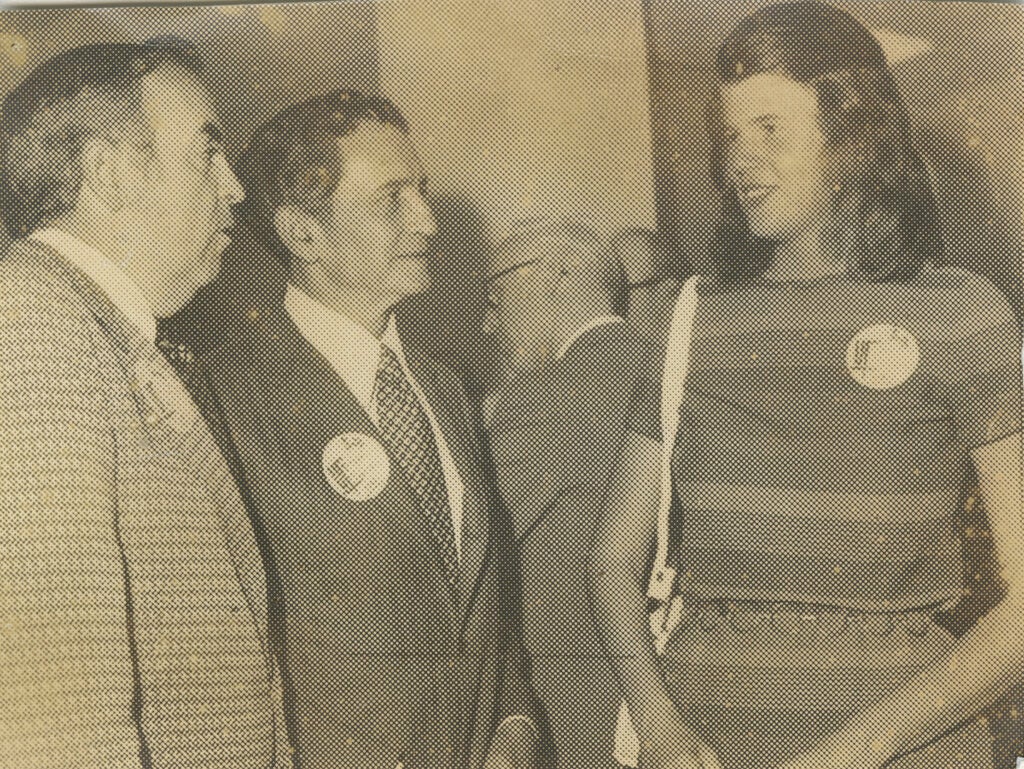About Janet Reno

An Advocate for Children and Youth
Born on July 21, 1938 in Miami, Florida, Janet Reno received her A.B. degree from Cornell University and her L.L.B. from Harvard Law School where she was just one of 16 women in a class of more than 500 students. In her early career, Reno was the staff director to the Judicial Committee of Florida’s House of Representatives, led the redrafting the of state’s juvenile code as a consultant to the Florida State Senate Criminal Justice Committee and in 1978 was the first woman ever appointed to serve as the State Attorney of Miami (Dade County). As State Attorney, Reno focused her efforts on prevention programs and helped create the Miami Drug Court. She was also one of the few States attorneys in Florida who opted to retain the responsibility within the Family Court for cases of child abuse and neglect rather than relinquish these duties to the Florida Attorney General. This effort was designed to promote continuity for families, as well as continuity within family court proceedings and across family and criminal court cases.
In 1993, President Bill Clinton appointed Reno to be the first woman Attorney General of the United States. During her tenure, she reinvigorated and engaged the Department of Justice and its employees to refocus and pursue its core missions of justice and equality for all Americans. She distinguished herself by seeking to reduce youth violence through early intervention and effective prevention. Under her leadership, increased focus and support was offered to the Office of Juvenile Justice and Delinquency Prevention, which increased its capacity, offering a range of program initiatives relating to children exposed to violence, community assessment centers, intensive aftercare, nurse home visitation, truancy reduction, mentoring, after school activities and community-based comprehensive strategies to address serious, violent and chronic offenders. She urged the Department of Justice to look beyond the role of the prosecutor and understand the complex issues and childhood experiences that can cause and lead to delinquency.
Janet Reno’s Select Distinctions and Awards
1978: First woman State Attorney for Miami (Dade County)
1981: The Herbert Harley Award, American Judicature Society
1983: Public Administrator of the Year, American Society for Public Administration, South Florida Chapter
1990: Medal of Honor Award, the Florida Bar Association
1993: First woman Attorney General of the United States
1996: Torchbearer Award, Women’s Bar Association for Washington, DC
1997: Living Legacy Award, Women’s International Center
American Society for Public Administration, South Florida Chapter
2009: Lifetime Achievement Award, American Judicature Society
2009: Thurgood Marshall Award, American Bar Association
Janet Reno’s Select Accomplishments
- Advocated for peaceful conflict resolution programs in schools
- Encouraged collaborations between social workers, law enforcement officers and public health officials to coordinate youth-related responses
- Urged Congress to take a stronger stand against hate crimes by calling for its definition to include crimes relating to gender, disability and sexual orientation
- Established an American Indian Task Force to better coordinate Indian policy throughout the U.S. Department of Justice
- Created a victims’ advocacy program in Miami, FL, in which she provided trained counselors to support and comfort victims throughout their trials and, as Attorney General, helped secure $2.2 billion in funding for the Crime Victims’ Fund
- Under Attorney General Reno’s leadership the Department of Justice, among other accomplishments, was able to:Lower the violent crime rate more than 27% from 1993 to 2000
- Fund thousands of child and youth prevention efforts addressing both child abuse and delinquency
- Issue more than $800 million in grants to battle domestic violence and sexual assault
- Fight water and air pollution through criminal convictions and civil settlements
- File and prosecute cases on disability-based discrimination, hate crimes, and other civil rights issues
